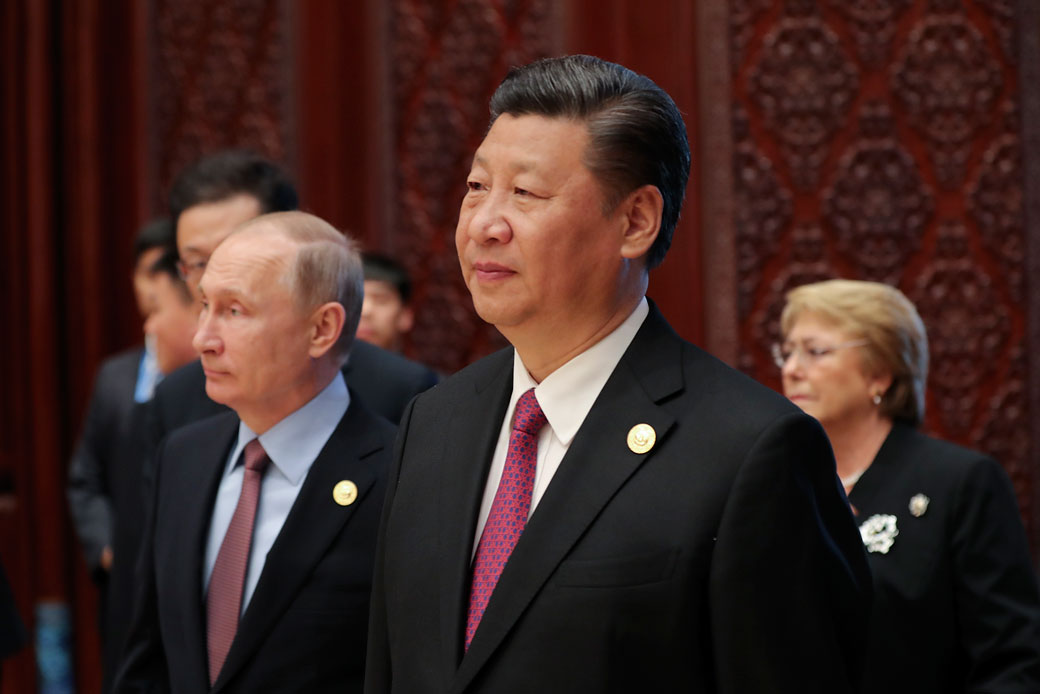BY ARUN PRAKASH
'Democracy demands forces be apolitical'
 Egregious neglect of India’s security by successive governments has been a perennial target of censure by commentators for decades. Independent India’s politicians considered this matter unworthy of their time because, so far, it was not a ‘vote-catching’ issue for a public preoccupied with roti, kapda, makan and lately, jobs and agrarian distress. Political survival their priority, politicians were happy to leave the higher management of defence and security almost entirely to the bureaucracy and devote themselves to electioneering.
Egregious neglect of India’s security by successive governments has been a perennial target of censure by commentators for decades. Independent India’s politicians considered this matter unworthy of their time because, so far, it was not a ‘vote-catching’ issue for a public preoccupied with roti, kapda, makan and lately, jobs and agrarian distress. Political survival their priority, politicians were happy to leave the higher management of defence and security almost entirely to the bureaucracy and devote themselves to electioneering.
But, the past few months have seen a dramatic shift, with national security taking centre stage in election rhetoric. Since party manifestos provide little reassurance, it remains to be seen whether the show of concern for national security is genuine and enduring or merely a vote-garnering device. Having been thrust into the spotlight, the military must find itself puzzled and discomfited; given decades of political neglect and the current state of civil-military relations.
















